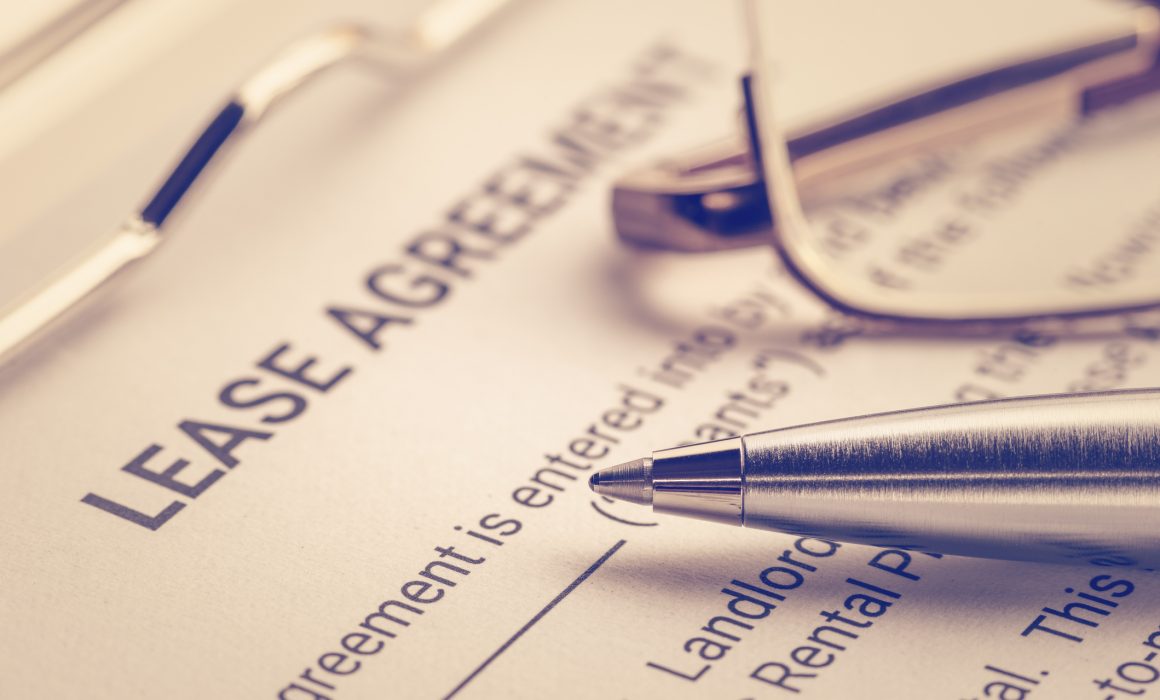Mandatory Code of Conduct for commercial leases
On 7 April 2010 the Federal Government annonuced a Mandatory Code of Conduct (Code) for commercial leases. The Code will apply to certain small and medium enterprise tenancies. The aim of this article is to set out the purpose, application and principles of the Code.
When does the Code apply?
The Code of Conduct applies to retail, commercial and industrial leases. A tenant must have annual turnover under $50 million and must have applied for the JobKeeper program to be eligible. A SME business is entitled to apply for the JobKeeper program if they have suffered a 30% or greater reduction in turnover compared to the same period 12 months prior.
Relevant principles
The Code contains a number of principles that apply to negotiations between landlords and tenants. The first principle is the ‘overarching principle.’ This principle requires landlords and tenants to negotiate in good faith and to act in an honest and transparent manner.
The second set of principles are known as ‘leasing principles’ and they are as follows:
- Landlords cannot terminate leases if the tenant fails to pay rent, during the pandemic periuod or subsequent recovery period.
- Tenants must comply with the terms of the lease. If tenants fail to do so, they forfeit the remaining protections set out in the Code.
- Landlords must offer tenants “proportionate” reduction in rent in the form of waivers and deferrals which are based on the tenant’s trade. There is a requirement that rental waivers must constitute at least 50% of the total rent reduction. The word “proportionate” is defined as the amount of rent relief proportionate to the reduction in trade as a result of the Covid-19 pandemic plus a subsequent reasonable recovery period.
- No fees, interest or other charges should be charged on waived rent.
- If a landlord waives rent, the rent cannot be recovered subsequently over the term of the lease.
- Unless otherwise agreed, rental waivers must be amortised over 24 months. This applies unless the lease term is longer than 24 months.
- Landlords must not draw on tenant’s security bonds for non-payment of rent during the pandemic period or subsequent recovery period.
- Landlords must proportionally pass on to tenants any reduction in statutory charges.
- There should be offers to extend the lease term by the amount of the rent waiver/deferral period.
- Landlords must agree to a freeze on rental increases for the duration of the pandemic and reasonable recovery period. This does not apply to retail leases based on turnover rent.
What to do?
All landlords and tenants should immediately familiarise themselves with the Code and its principles. This is necessary to ensure that negotiations undertaken and agreements reached are in accordance with the Code.
Our team at Parkston Lawyers can assist landlords and tenants in navigating the Code to reach mutually satiafactory outcomes.

